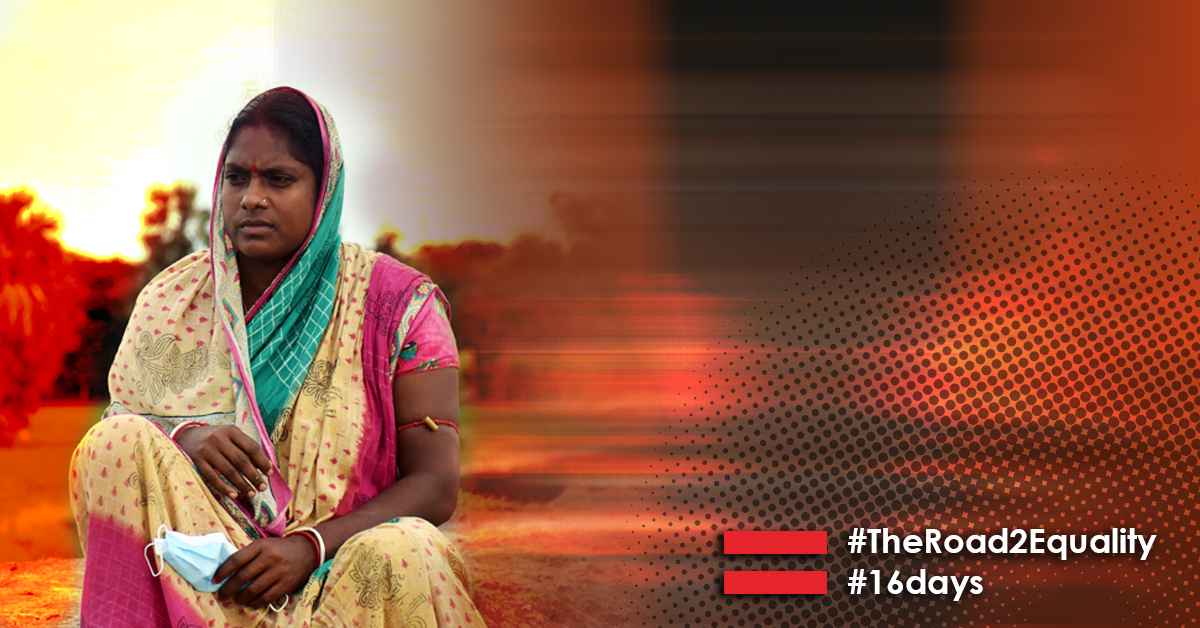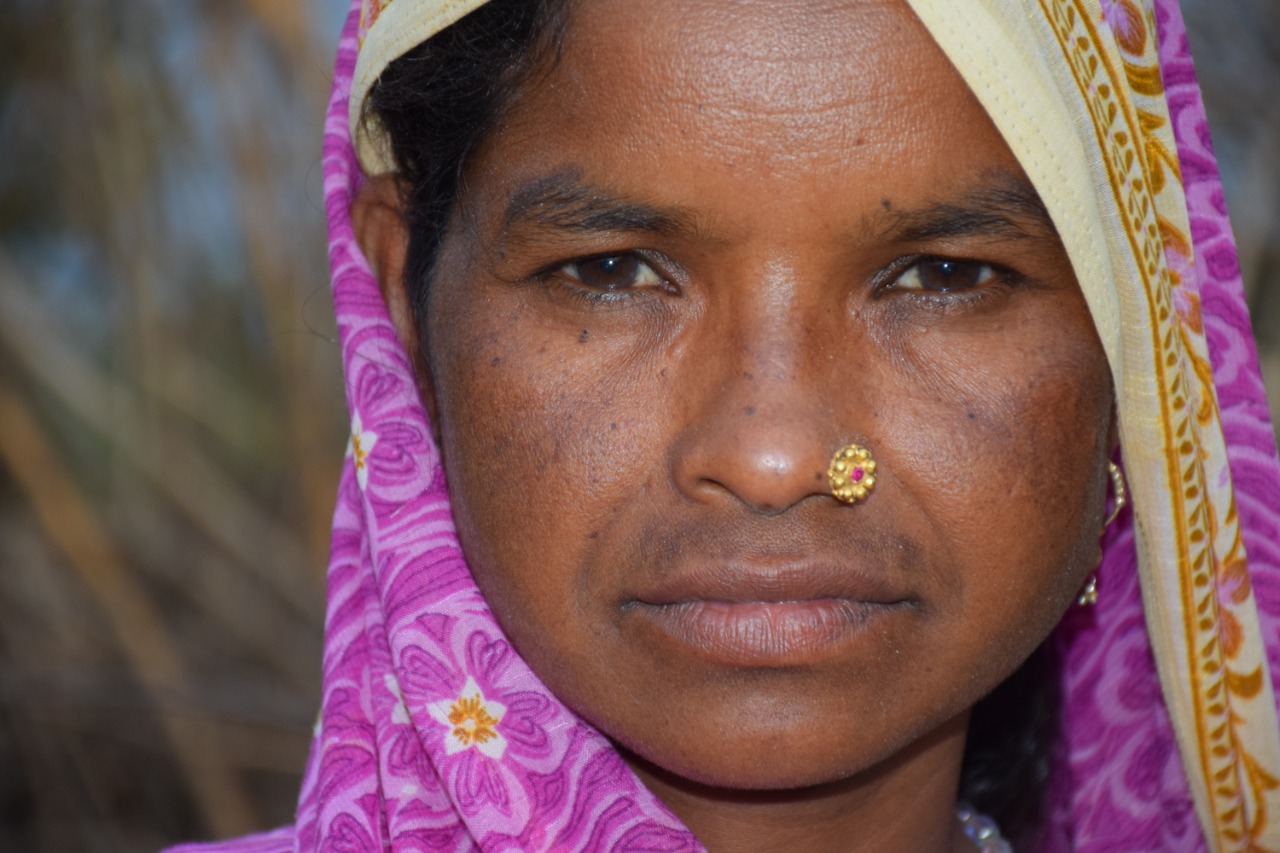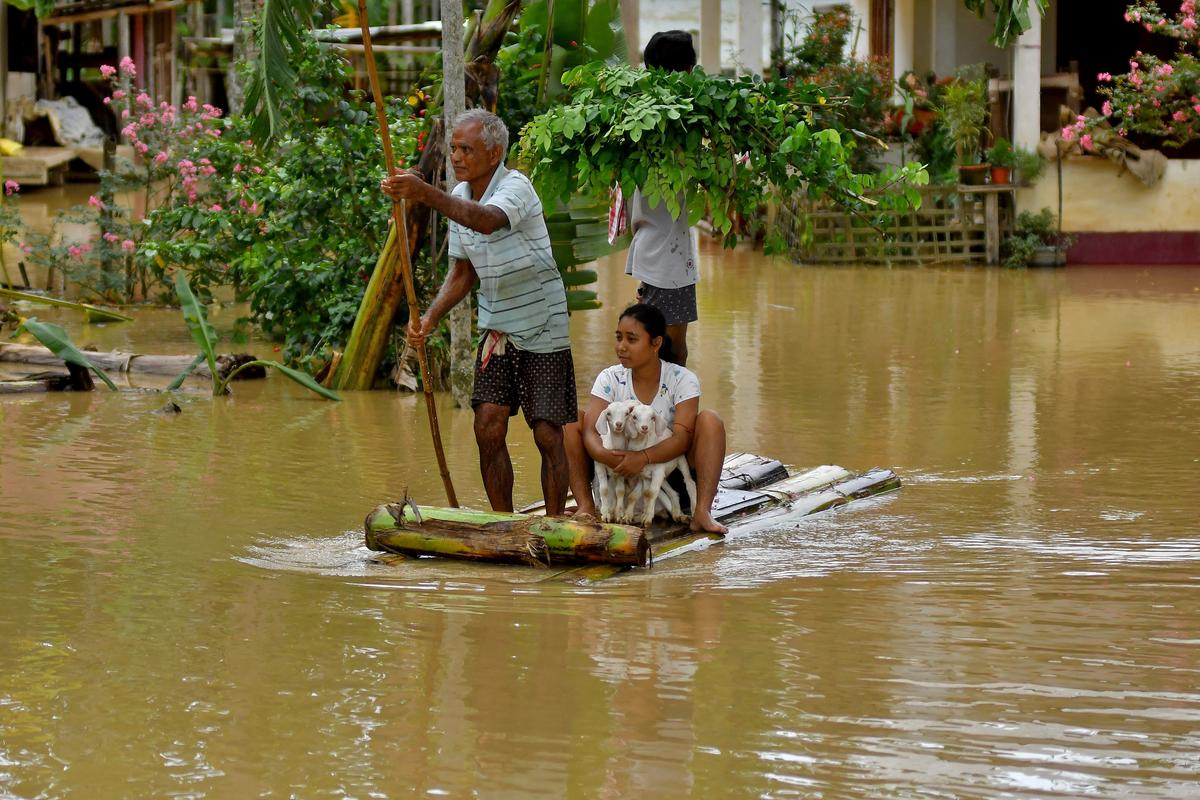CASA BLOGS

THE SPARK OF LIFE IN A LAND OF DISASTER
Story By: Arushi Narchal
Wriiten By: Kajol Tanaya
“The village has several challenges and shortcomings yet we would never leave our homeland. No matter how tough our lives become each passing year, we at least live with dignity here”
The mystical land of Sundarbans stretches across the coastal West Bengal as a testimony to the uncountable fables of ‘life after recurring disasters’. The fine tributaries of Ganga, which flow into the oceanic core of terrific cyclones, the Bay of Bengal, also join the agitation of nature by perpetrating floods of significant magnitude every year. The floods and severe cyclonic storms rupture not only the life and livelihood of those residing in the region but also murder a hundred dreams that contribute to the generational eutopia. Opportunities for better education, infrastructural development, technological advancement and scientific empowerment of the land die the death of an unrealised dream in these disaster-prone rural areas.
However, after every disaster in the Sundarbans, as the violent volumes of water return to the bellies of their sources, the evacuated residents of the rural land head back to their ravaged homes. Despite heavy damages and the impending threat to life, they continue to hold on to their motherland even though it necessitates them to rebuild their lives from rags- over and over again. 33 years old Deepali Ghorai from Simhanarga village of Narendrapur district in West Bengal shares, “The village has several challenges and shortcomings yet we would never leave our homeland. Our reluctance does not stem out of ignorance or laziness either. No matter how tough our lives become each passing year, we at least live with dignity here”.
Deepali lives in her humble residence, closer to the river tributary of Ganga, with her husband and three sons. The road leading to Deepali’s house is overcome with mud and standing water. To prevent the river water from entering into the house, the neighbours have built an embankment of mud that can be breached any day by the rain if not the river water. “There is no clean water to drink or use. The cyclones have contaminated even the groundwater. Following every disaster, I have to traverse 10 kilometres every day by foot to fetch 20 litres of drinking water from far off places. The standing water near my home is a breeding ground for water-borne diseases. Accessing water for even domestic use is a huge challenge for me and my neighbours”, enumerated Deepali.
Given the frequency of natural disasters, job opportunities in the village are very scarce. To meet the needs of the family, Deepali’s husband has to migrate to the nearby metropolitan city of Kolkata to find temporary engagement as a daily wager in an organic storage facility service. Conducting agricultural activities in the village are unpromising because the saline and brackish water of adjoining water resources render the farms infertile. Deepali mentions, “With the COVID-19 lockdown, there were no avenues of job left for my husband. We could hardly have one decent meal a day. It is when I had to step out and handle the reins of earning for my household. In a small group of women, we prepare and market handmade goods and handicrafts to earn for our families. It has become a small business for us. The group has contributed to our empowerment. Organisations like CASA have been very supportive of our women’s group, especially in sensitising us on disaster risk reduction and government-aided schemes to help rebuild our lives after catastrophes like Amphan and Yaas. Moreover, we have also been reminded of our deserved rights and empowered to raise our voices”.
Deepali became a part of CASA’s Disaster Management Task Force back in September 2016. Her perspective towards surviving and tackling the repercussions of disasters has found an affirmative reformation. “One day before the devastating cyclones of Amphan and Yaas, we gathered to assist authorities in the evacuation process. Besides early warning, the elderly people, pregnant women and differently-abled ones were relocated to safer locations. The learnings have been invaluable. We never had a skill that capacitated us to such a revolutionary extent. Because of the training given by CASA, we are confident that we can save our lives and important documents.”.
CASA helped her family in accessing clean water for household usage through support materials like jerry cans, water filters and buckets. At a community level, temporary water stations were also installed to reduce the lengths they walk to fetch water. WASH kits with sanitisers, masks and soaps were supplied to the beneficiaries and women were provided with additional Dignity kits that included pads. Community awareness on disaster management and hygiene was strongly built through training and programs. Deepali recounts, “CASA helped us sail through the tough times when we couldn’t imagine sustaining ourselves. We can never be thankful enough”.
 Previous Blog Post Amplify Our Voice against Gender-Based Violence
Previous Blog Post Amplify Our Voice against Gender-Based Violence Towards A Dream To Live Independently
Towards A Dream To Live IndependentlyFeatured Post

Mental Health Awareness in India: Addressing Key Challenges
8 Nov 2024
Mental health awareness is crucial in India, where millions silently struggle with mental health disorders, including depression, anxiety, and bipolar disorder. Despite growing recognition, India faces unique challenges in effectively addressing mental health issues. The stigma associated with mental illness remains a primary barrier. In Indian society, mental health issues are often misunderstood, leading to […]

Ensuring Girls’ Safety in India: A Path Toward Empowerment
20 Aug 2024
Girls’ safety in India remains a critical issue that has garnered increasing attention over the years. Despite various reforms and efforts from both government and civil society, challenges persist. From street harassment to domestic violence, gender-based discrimination continues to limit the freedom and safety of girls. While significant progress has been made in addressing these […]

The Connection Between Monsoons and Floods in India: An In-Depth Analysis
9 Jul 2024
India, a land of diverse climates and geographical features, relies heavily on the monsoon season for its agricultural and water resources. However, with the benefits of the monsoon rains come significant challenges, particularly in the form of floods. This blog explores the intricate relationship between the monsoon season and flooding in India, providing detailed insights […]


